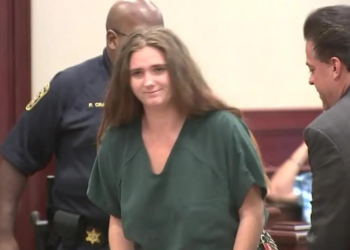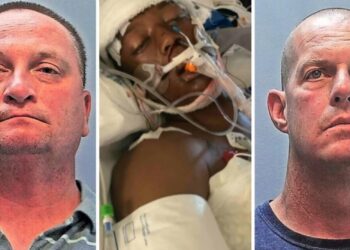Portland man Darian L. McWoods’ murder conviction was recently overturned after Black jurors were excluded from his case.
The Oregon Court of Appeals overturned McWoods’ 2018 murder conviction after discovering prosecutors removed the two men from the jury because they were Black. The jury previously found him guilty of murder by abuse in the tragic death of his 15-month-old daughter, Kamaya Flores, during a Multnomah County Circuit Court trial.
The ruling was announced on July 13, as Presiding Judge Josephine Mooney believed that while Multnomah County Senior Deputy District Attorney Amanda Nadell suggested race-neutral reasons to dismiss the two Black jurors, the arguments were reportedly only a “pretext.”
“Racial discrimination in the selection of jurors is harmful. The state did not seek to strike similarly situated jurors who were not Black,” Mooney wrote.
Multnomah County District In a statement, Attorney’s Office spokesperson Elisabeth Shepard said, in a word, that the opinion would be used “to further educate and inform our role in the administration of justice.”
“We are committed to the ongoing pursuit of a safer, more equitable system,” Shepard added.
Prior to the overturning of McWoods’ conviction, his defense lawyer, Josephine Townsend, reportedly challenged the initial dismissal of the two Black jurors under the “Batson” rule. The rule refers to a 1986 U.S. Supreme Court decision prohibiting prospective jurors’ exclusion based on race.
The Portland man is serving a life sentence at the Eastern Oregon Correctional Institute in Pendleton, with the possibility of parole after 25 years. Prosecutors previously accused him of killing his baby girl via a methadone overdose, saying he mixed drugs into children’s drinks, such as Capri Sun. However, he’s maintained his innocence.
“I know that my client is really looking forward to a retrial, and I’m really hoping that we get the right results,” Townsend, who suggested that they could’ve possibly been left in a shared bedroom by a relative, said.
If the Oregon Department of Justice doesn’t appeal the overturned conviction to the state Supreme Court, the case will reportedly return to Circuit Court, where it could be retried or dismissed.















